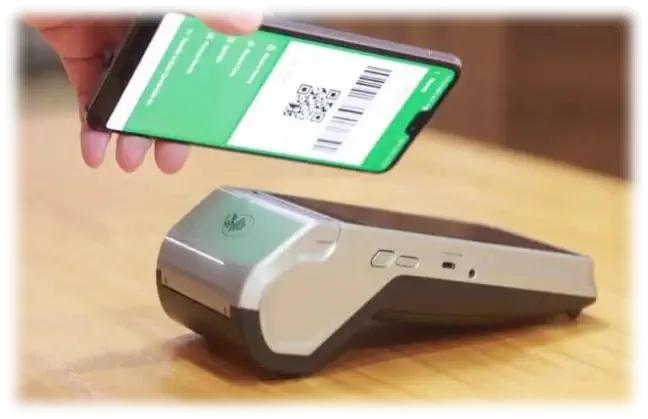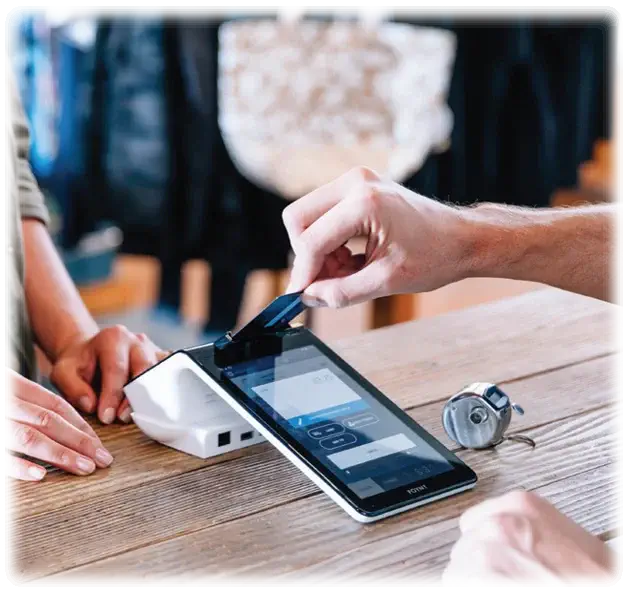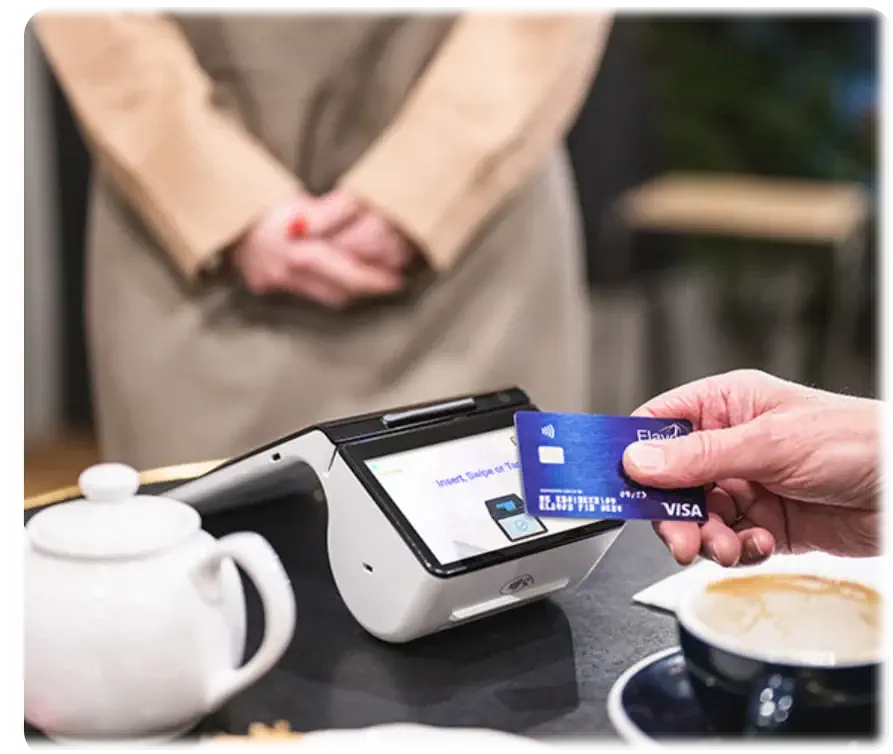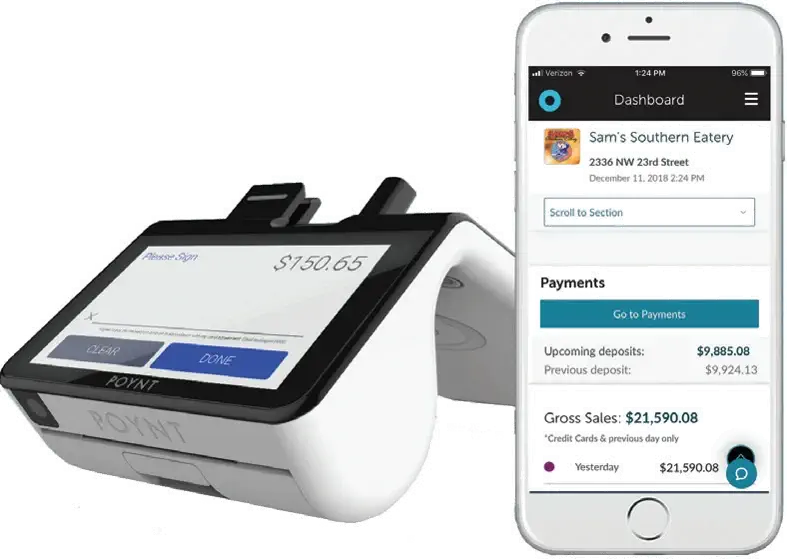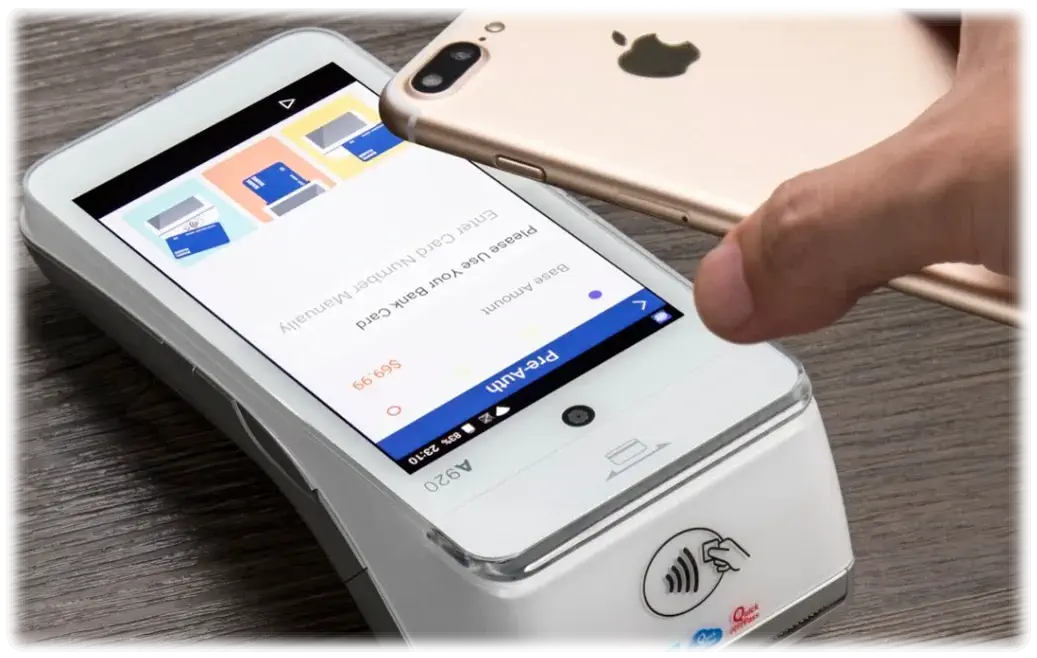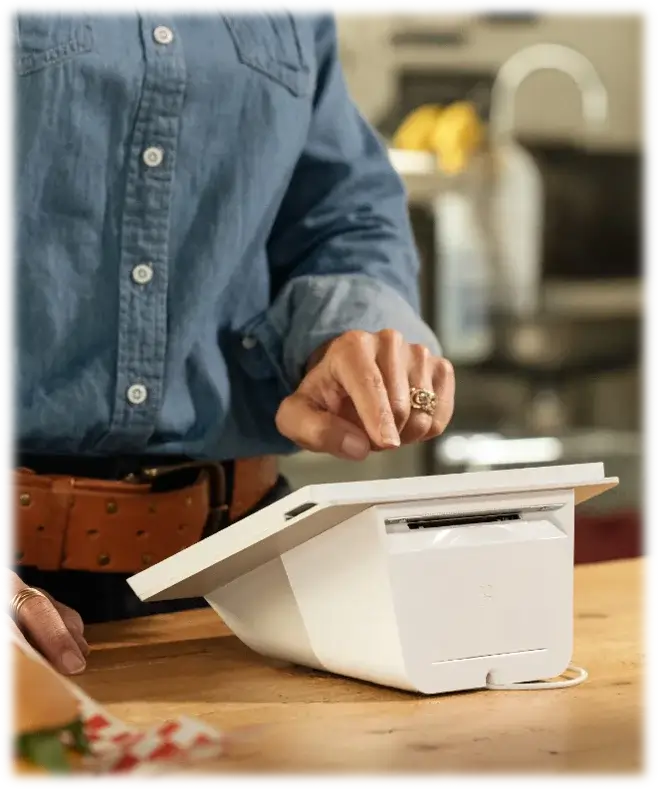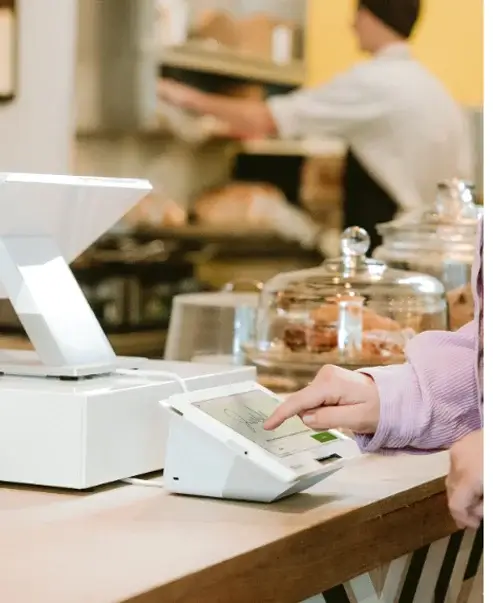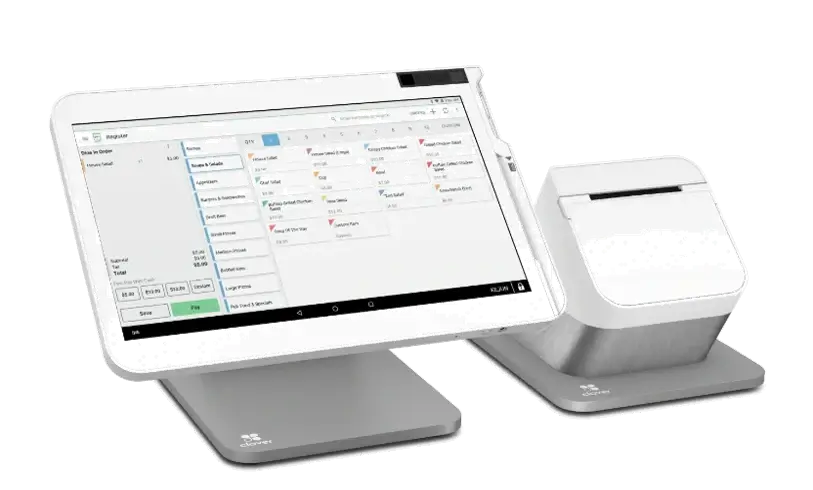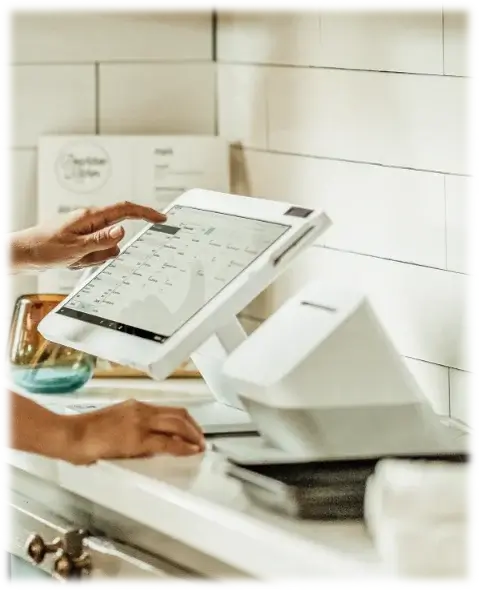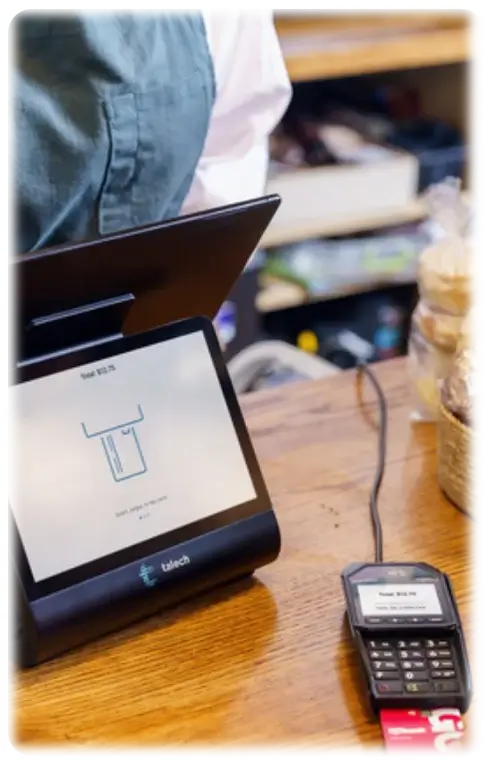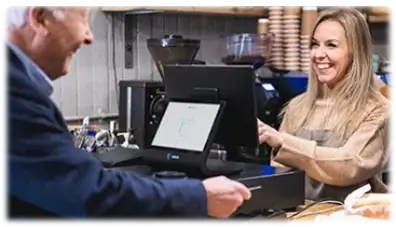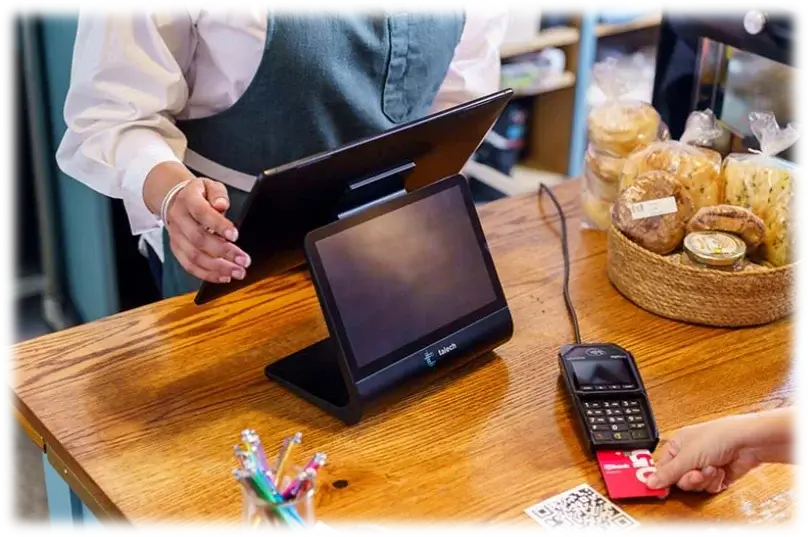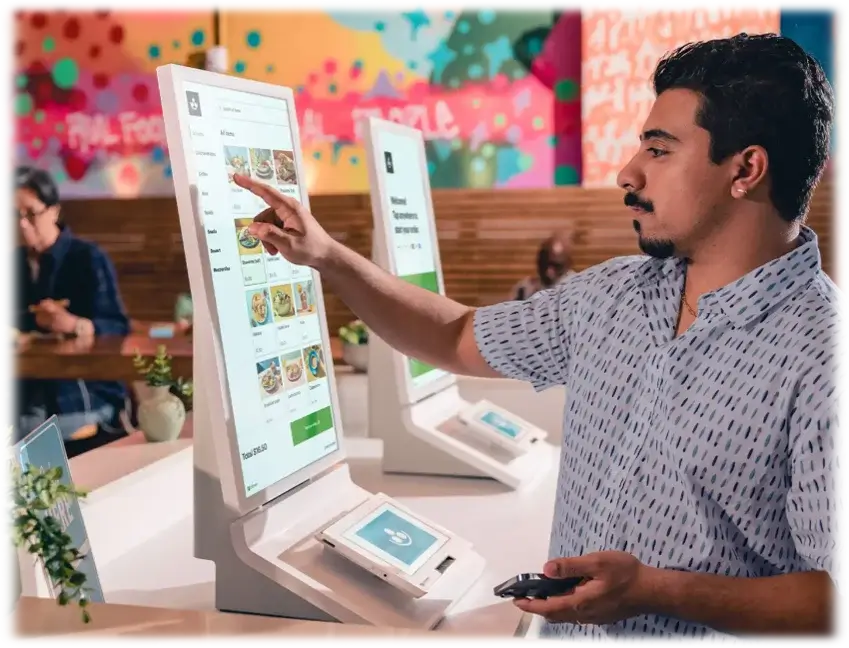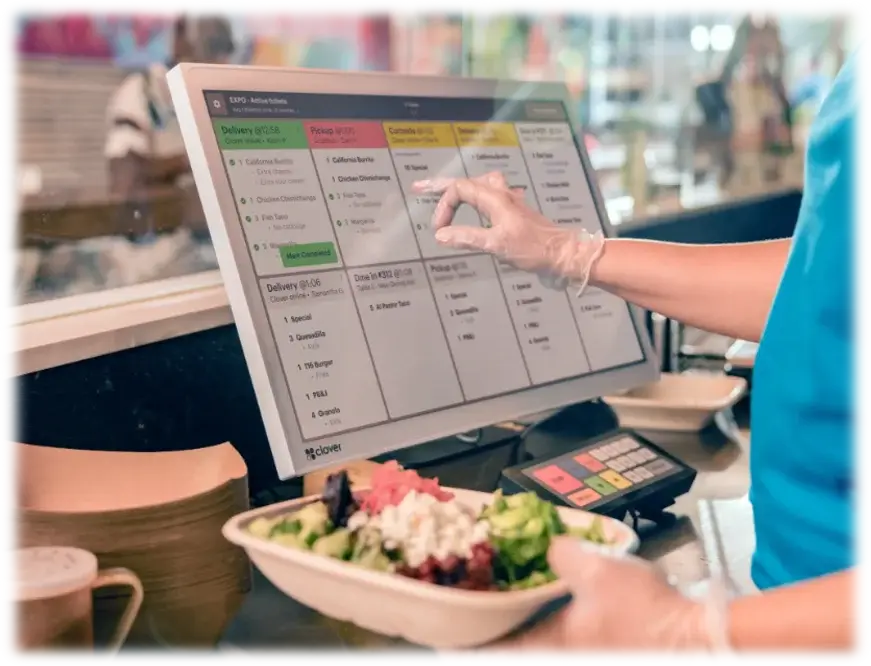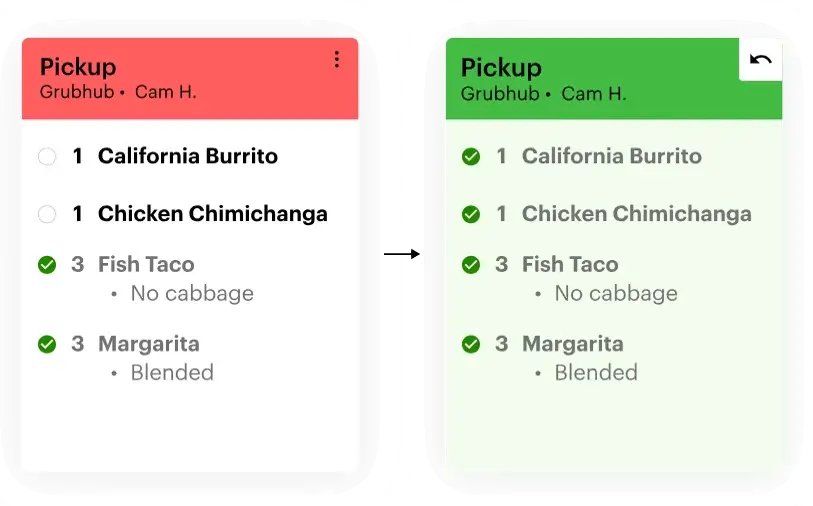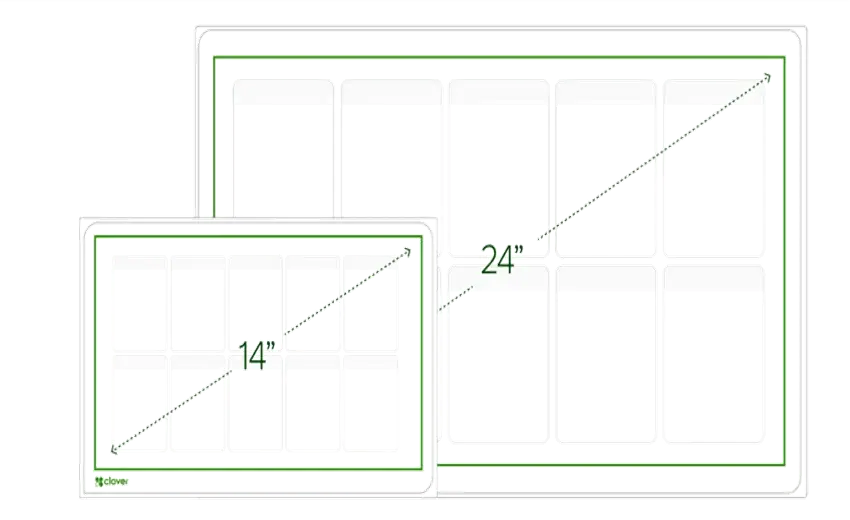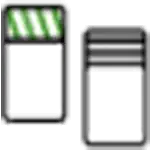How Does A Credit Card Terminal Work? Step-by-step Explained
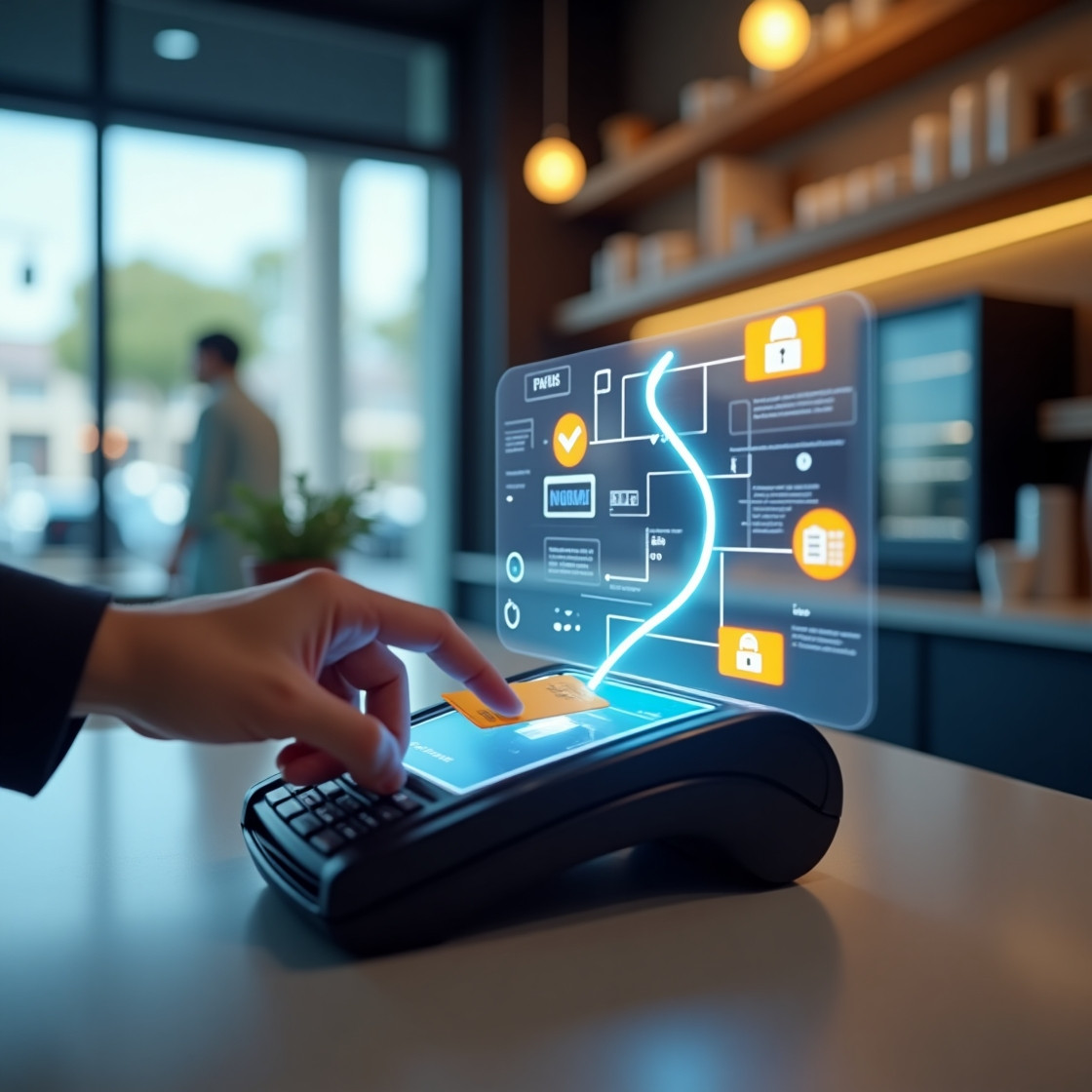
If you're a small business owner or simply wondering how your favorite payment gets processed when you swipe or tap your card, you're in the right place. Learning about how a credit card terminal works isn't only about tech—it's also about trust, security, and efficiency. Today, I'm going to take you through the ultimate guide to the best credit card terminals in the USA, from how they assist small businesses in prospering, what technology they use, and what determines a payment terminal machine to be really the best.
Let's take a step into the credit card processing world, make this valuable business tool no longer mysterious, and look at why having the best card terminal for small businesses can make an actual difference.
Understanding Credit Card Terminals: An Expert Guide
What Is A Credit Card Terminal And How Does It Function?
What Is A Credit Card Terminal ? In simple terms, a credit card terminal is hardware that enables merchants to accept payments securely and efficiently through cards. Whether it is a card machine for a small business, a wireless credit card terminal, or an online credit card terminal, the machines process transactions by making contact with banks and card networks.
Why Are Credit Card Terminals Necessary?
They're the foundation of contemporary payment processing, enabling businesses to accept various forms of payments—such as swipe, chip, contactless, or mobile payments—and facilitating faster and more secure transactions. The best credit card terminals available in the USA offer strong technology paired with intuitive interfaces, particularly for small businesses that require solid and cost-effective solutions.
How Credit Card Terminals Enable Secure Transactions
What Makes A Secure Credit Card Processing Terminal?
The ideal card terminal for small businesses incorporates advanced encryption methods, EMV chip technology, and contactless payment capabilities, all designed to secure sensitive payment information. They also meet PCI DSS standards to guarantee adherence to payment legislation.
Why Is Security So Important?
Since credit card processing for small businesses deals with sensitive customer information, security breaches can prove expensive both financially and in terms of reputation. That's why the best credit card terminals have encryption, tokenization, and fraud detection software.
Step-by-Step Guide: How A Credit Card Terminal Processes Payments
Simply put, here's how a credit card terminal operates:
- Initiate Transaction: The customer inserts or waves their card—swiped, dipped, or tapped—on the terminal to pay.
- Data Reading: The terminal reads the card information through magnetic stripe, EMV chip, or NFC contactless technology.
- Data Encryption: The card information is encrypted in real time to secure it.
- Authorization Request: The encrypted information is sent by the terminal through a payment gateway to the bank or processor of the credit card (such as Thrifty Payments or other credit card terminal companies).
- Bank Verification: The bank checks for card information, verifies whether funds are available, and accepts or rejects the transaction.
- Message Sent Back: The approval or rejection message is sent back over the same lines to the terminal.
- Receipt and Confirmation: The client receives a receipt, and the merchant's system is updated to reflect the approved payment.
All this takes place in seconds, owing to advanced credit card processing equipment and credit card processing terminals optimized for speed and security.
Key Elements Of A Credit Card Terminal Illustrated
A high-quality credit card terminal has some critical features:
- Card Reader: Magnetic stripe, EMV chip reader, and contactless NFC reader—these are the essentials of top credit card terminals.
- Encryption Module: Encrypts payment data when transmitting.
- Display Screen: For PIN entries, displaying transaction information, and receipts.
- Connectivity Options: Ethernet, Wi-Fi, Bluetooth, or cellular—dependent on whether you require a wireless or wired credit card terminal.
- Power Supply: Battery-powered or plug-in, particularly for portable credit card processing solutions.
Why Are These Components Necessary?
Because they come together to provide an uninterrupted, secure, and easy-to-use payment experience, they offer significant advantages for small business owners searching for the top portable credit card processing solutions or an effective credit card POS terminal.
The Role Of EMV Chips And Contactless Technology In Payment Terminals
What Are EMV chips?
EMV chips are microprocessor chips contained within credit and debit cards, offering more security than magnetic stripes. They create dynamic data for every transaction, making card cloning virtually impossible.
How Does Contactless Technology Work?
Contactless payments, such as NFC (Near Field Communication), enable customers to tap their card or mobile phone on the terminal for fast, secure payments without insertion or swiping. The best contactless credit card terminals make the checkout process faster, which is beneficial to both merchants and customers.
Why Are These Features Significant?
They decrease transaction times, enhance security, and offer a more convenient experience—particularly for small businesses that prefer to provide fast payment options.
Maintaining Security And Compliance For Credit Card Payments
How Do The Top Credit Card Terminals Maintain Security?
They employ encryption, tokenization, and EMV chip technology. These technologies protect payment information from interception or theft during the payment process.
Compliance?
The top credit card terminals in the USA meet the standards of PCI DSS and other payment regulations. This is necessary to prevent fines and keep customer data safe.
Why Is It So Crucial For Small Business Credit Card Processing?
Since small businesses usually cannot afford to deal with security breaches, selecting a secure, compliant credit card processing terminal is an investment in reputation and trust.
Typical Types Of Credit Card Terminals And Their Characteristics
What Are The Most Common Types Of Credit Card Terminals?
- Countertop Credit Card Machines: Standalone, dependable, best suited for retail environments.
- Wireless Credit Card Terminals: Handy, ideal for mobile and outdoor transactions.
- Online Credit Card Terminals: Web-based terminals for online or remote credit card transactions.
- Mobile Card Machines: Small, light devices that link to smartphones or tablets—such as Square terminals or Square POS for sale.
Why Use One Versus The Other?
It depends on your business needs—if you’re a small business looking for the best portable credit card processing, wireless or mobile card machines are excellent choices. For high-volume stores, a more robust credit card POS terminal might be better.
Troubleshooting Typical Issues With Credit Card Terminals
What Are Common Problems With Credit Card Terminals?
- Connectivity issues: Wi-Fi or Ethernet problems.
- Encryption failures: Data is not encrypted correctly.
- Hardware faults: Card reader or display problems.
- Declined transactions: Generally caused by old software or card malfunction.
What Are The Solutions For These Problems?
- Update device firmware periodically.
- Provide stable internet connections.
- Use credible credit card terminal providers.
- Contact support for specific hardware issues.
Future Directions In Credit Card Terminal Technology
What's On The Horizon For Credit Card Processing Devices?
- Contactless and mobile payments will be even more widespread.
- Greater security measures, such as biometric authentication.
- POS system and e-commerce integration to allow seamless omnichannel transactions.
- AI and machine learning for fraud prevention.
Why Does It Matter?
Utilizing the latest credit card terminals, such as the most advanced portable credit card processing devices, helps small businesses remain competitive and secure.
Expert Tips For Picking The Right Credit Card Terminal For Your Business
- Evaluate your business size and volume of transactions.
- Find the top credit card terminal providers with good customer service.
- Compare features: contactless, EMV chip, wireless, mobile compatibility.
- Consider the costs: transaction fees, hardware costs, and monthly fees.
- Verify compatibility with your existing POS system or online credit card terminal.
- Prioritize security features and compliance standards.
- Check if the provider offers credit card terminals for sale or lease—whichever suits your budget.
Frequently Asked Questions
1. What Is a Credit Card Terminal and How Does It Work?
A credit card terminal is a device that processes card payments securely by reading card data, encrypting it, and communicating with banks for authorization. It’s the heart of the credit card processing business for sale to small businesses alike.
2. How Do Credit Card Terminals Secure Sensitive Payment Data?
They utilize encryption, EMV chips, and contactless technology, alongside compliance with PCI DSS standards, to ensure secure credit card processing that charges customers safely and securely.
3. What Are the Different Types of Credit Card Terminals Available?
Options include countertop credit card machines, wireless credit card terminals, mobile card machines, and online credit card terminals—each suited for different business setups.
4. How Does Contactless Payment Technology Work in Credit Card Terminals?
Customers tap or wave their NFC-enabled device or contactless card on the terminal, which quickly transmits encrypted payment data, making transactions fast and secure.
5. What Are EMV Chips and How Do They Enhance Payment Security?
EMV chips generate dynamic transaction data, reducing fraud and counterfeit risks, making the best credit card terminals for small businesses more secure than magnetic stripe-only devices.
6. How Long Does a Typical Credit Card Transaction Take?
Typically, it's just a few seconds, especially with the best portable credit card processing devices, which enable quick checkout and an enhanced customer experience.
7. What Are Common Issues with Credit Card Terminals and How Can They Be Resolved?
Connectivity problems, hardware malfunctions, or declined transactions can be resolved by updating firmware, verifying internet connections, or contacting the credit card terminal provider.
8. Is Using a Credit Card Terminal Safe and Compliant with Payment Regulations?
Yes, the best credit card terminals in the USA adhere to PCI DSS and other standards, ensuring secure and compliant credit card processing.
9. How Can Small Businesses Benefit from Using a Credit Card Terminal?
They enable faster payments, increase sales, and improve customer trust—especially when using the best credit card terminals for small businesses.
10. What Are the Future Trends in Credit Card Terminal Technology?
Expect more contactless, mobile, and AI-powered security features, making mobile payment terminal solutions even more efficient and secure.
Conclusion
In the modern, fast-paced, cashless economy, knowing how a credit card terminal operates is crucial for small business owners who want to remain competitive. The top-rated credit card terminals in the USA offer security, speed, and convenience—everything from mobile card machines for small business owners to cutting-edge online credit card terminals.
With the right credit card processing machine or payment terminal, not only do you become more efficient in your operations, but you also gain customer trust. Keep in mind that while looking for credit card terminals for sale or the best compact credit card processing options, investing in the best technology means enhanced security, increased speed of transactions, and satisfied customers.
Get ahead of the game—welcome to the future of credit card processing with top-of-the-line credit card terminals in the USA, and make every swipe, dip, or tap a seamless one.


